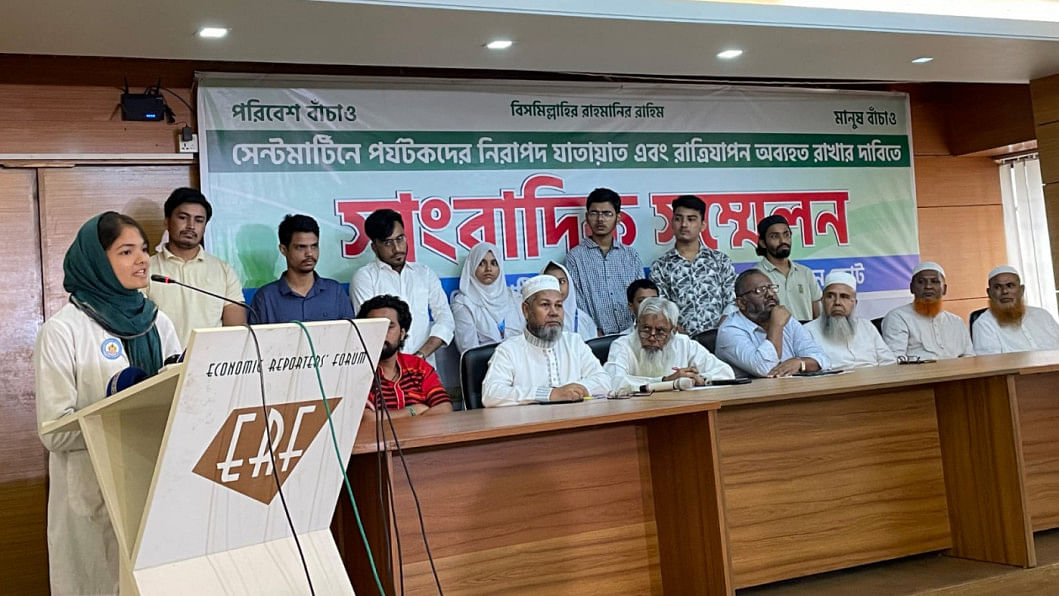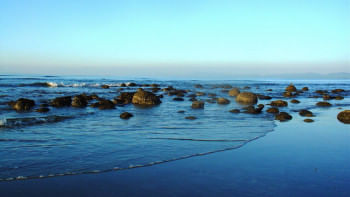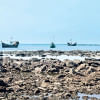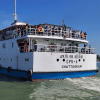Limiting tourism to Saint Martin's not the right move

Restricting traffic to Saint Martin's Island and stopping overnight stays will severely hamper the local tourism industry and put everyday entrepreneurs at significant risk, according to tour operators.
About 10,000 people live on Bangladesh's only coral island, most of whom are dependent on tourism, they said.
If tourism is limited or stopped, they will all be left without jobs, Md Rafeuzzaman, president of the Tour Operators Association of Bangladesh (TOAB), said at a press conference at the Economic Reporters Forum.
"At the same time, entrepreneurs' financial investment will be at great risk. This decision should be withdrawn immediately," he added.
"We want to protect the environment and biodiversity of Saint Martin's Island, but not by stopping tourism."
On October 22, the Chief Adviser's Deputy Press Secretary Apurba Jahangir said that the interim government's advisory council had decided to impose restrictions on tourism to the island for four months, starting in November.
He stated that the decision was part of efforts to protect the island and surrounding coral reefs from environmental pollution.
According to the briefing, tourists will be allowed to visit in November but may not stay overnight. In December and January, tourists will be allowed to stay overnight, but the number of visitors will be capped at 2,000 per day.
The island will be closed to tourists in February to facilitate cleaning efforts, Apurba added.
Generally, October to March are the peak months for tourism to the island, which was designated as an 'ecologically critical area' in the Bangladesh Environment Protection Act, 1995.
Shiblul Azam Koreshi, a tour operator, said single-use plastics should be strictly prohibited to protect the environment.
However, he said tourism should continue unrestricted, adding that alternative travel routes to the island should be developed.
The use of generators on the island should be stopped and environmentally friendly solar plants should be set up, Koreshi said, adding that construction of permanent structures using bricks, sand, cement, and rods should be controlled.
According to Save Our Sea, a platform for marine conservationists, around 67 percent of the coral colonies surrounding the island had fallen prey to coral bleaching due to pollution and rising temperatures by 2016.

 For all latest news, follow The Daily Star's Google News channel.
For all latest news, follow The Daily Star's Google News channel. 






Comments